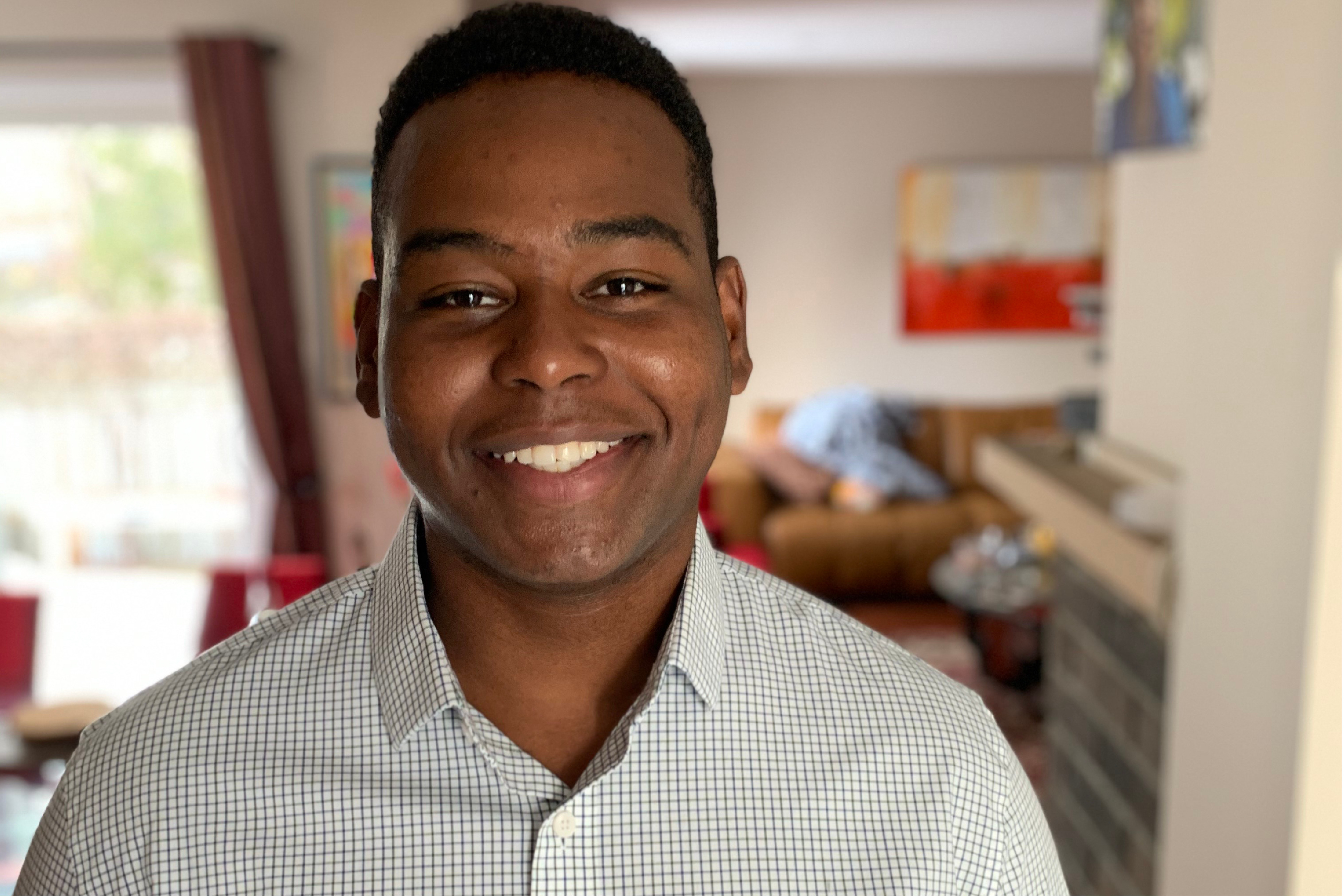By Maria Madana and Anjali Thomas
Special Guest Writers
Stroke has stalked Sébastien Denize’s family.
When he was a teenager, his great-aunt suffered a severe stroke after many years of living with dementia. His grandmother had multiple strokes over the course of four years. And in 2017, a hemorrhagic stroke left his aunt with long-term physical impairments.
“I am very interested in stem cell research,” said Mr. Denize, who recently finished his master of science in Dr. Diane Lagace’s lab at the University of Ottawa Faculty of Medicine. “I wanted to focus on stroke recovery processes because I’ve seen the devastating aftermath of stroke in my own family.”
Born in Haiti, Mr. Denize grew up in Ottawa and completed his undergraduate degree in Human Kinetics at uOttawa. His interest in neuronal stem cells and post-stroke recovery led him to Dr. Lagace, an associate professor in the Department of Cellular and Molecular Medicine, whose research focusses on the mechanisms that produce new neurons in the adult brain.
In Dr. Lagace’s lab, Mr. Denize investigated ways to enhance neural stem cell survival and activity during stroke recovery.
Neural stem cells, also termed neural progenitor cells, are a type of “master” cell that can generate new brain cells. Created in a specific region of the brain, neural progenitor cells migrate to the site of injury when a stroke occurs.
Mr. Denize looked at how to increase the survival of these progenitor cells by removing a gene that governs cell death. He also investigated ways to increase the activity of the neural progenitors through light stimulation; and how to test whether this stimulation would lead to improved sensory-motor movements.
His research won him the prize for Best Oral Presentation in the Systems Biology category at the first annual Faculty of Medicine Research Day on September 25, 2019.
Mr. Denize plans to continue his studies, although he has not yet settled on a specific topic of investigation. He would like to remain in the field of stroke research in some capacity, hoping that his scientific investigations will help people, like his own family members, gain back their good health after suffering a stroke.
Maria Madana and Anjali Thomas are recent graduates of the Honours Bachelor of Science Program in Translational and Molecular Medicine. They wrote this story originally for their 4th year Science Communications course as part of a series profiling researchers at the Faculty of Medicine.
The course is designed and taught by Dr. Kristin Baetz, interim assistant dean, research and special projects and professor in the Department of Biochemistry, Microbiology and Immunology, to foster in students the ability to convey complex science to a lay audience – an essential skill when making presentations, applying for grants, composing abstracts for research papers and generally communicating one’s work in the biomedical sciences.
MedPoint will be publishing profiles from this series throughout 2020.

